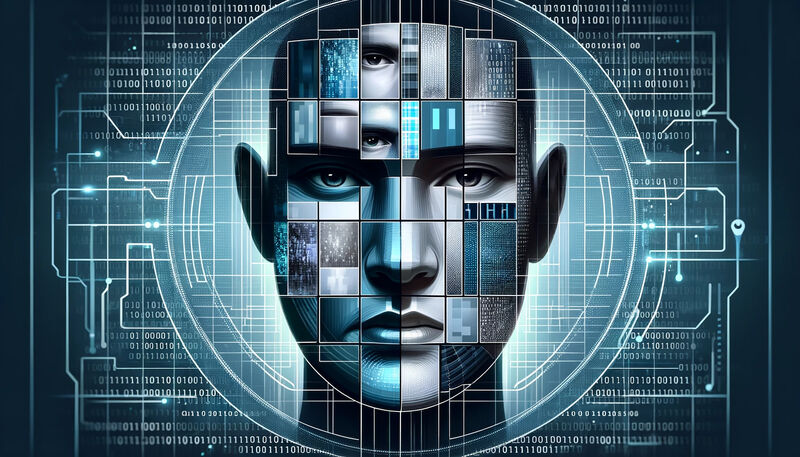AI Predicts Political Orientation from Faces, Raising Privacy Concerns

In an era where artificial intelligence intertwines increasingly with daily life, a recent study reveals a startling capability: AI can predict a person's political orientation from their facial features alone. This breakthrough raises profound privacy concerns and hints at potential uses that could influence everything from marketing strategies to political campaigns.
The study, detailed in the journal *American Psychologist*, involved 591 participants who provided their political orientations through a detailed questionnaire. Researchers, led by Michal Kosinski of Stanford University, then analyzed expressionless images of these participants using advanced facial recognition technology. The AI was not only able to identify individual faces but also link these to the political data provided, effectively guessing political leanings with unsettling accuracy.
Kosinski, an associate professor of organizational behavior, expressed concern over the ease with which significant personal information could be extracted from simple facial images. "People don’t realize how much they expose by simply putting a picture out there," he said. This exposure comes despite platforms like Facebook tightening privacy by hiding users' political preferences and likes to protect users’ privacy. "But you can still go to Facebook and see anybody’s picture," Kosinski pointed out, emphasizing how this seemingly innocent data could now reveal deep personal beliefs.
The implications of these findings are vast and worrisome. With AI's ability to parse out sensitive information from basic facial features, the risk of privacy erosion is real and imminent. This technology, if misused, could lead to a scenario where personal political orientations could be inferred en masse without consent, potentially targeting individuals for political ads or more nefarious purposes.
Furthermore, the study noted particular physical traits correlated with political leanings, such as conservatives tending to have larger lower faces—a detail that underscores the sophistication of the AI employed.
The researchers have called for urgent action from scholars, the public, and policymakers to mitigate these privacy risks. The potential for misuse of facial recognition technology in biometric surveillance is significant, and without stringent controls, the privacy of millions could be at risk.
As AI continues to develop, its integration into systems worldwide necessitates a parallel evolution in privacy protection and ethical standards to guard against the invasive potential of this powerful technology. The conversation around these issues is just beginning, and it is up to all stakeholders to shape the path forward responsibly.

